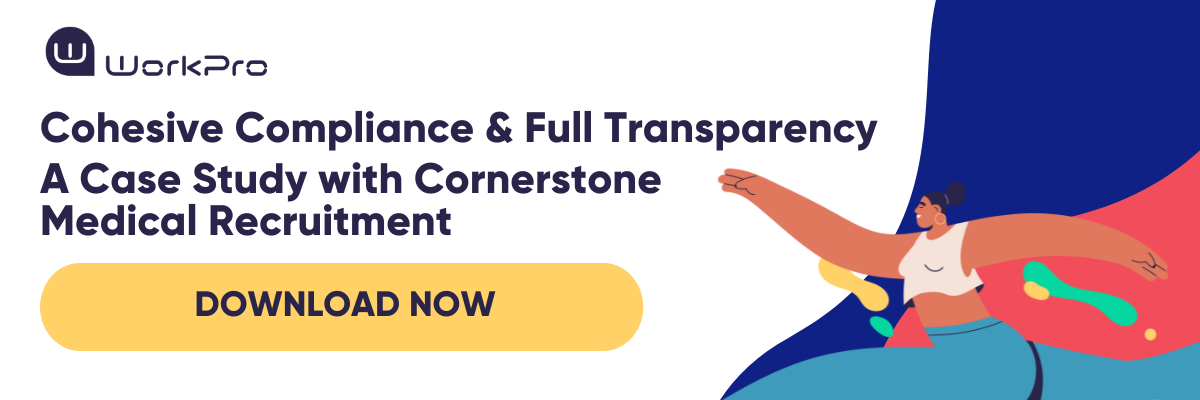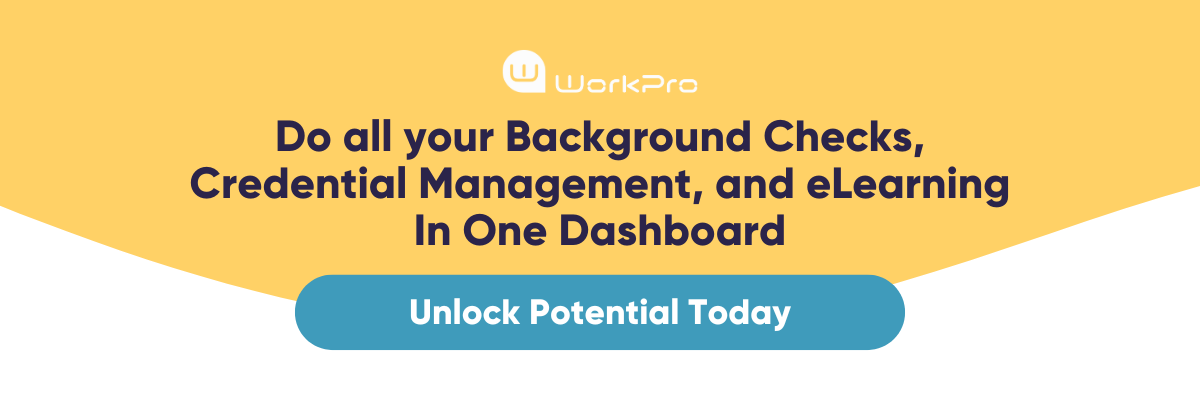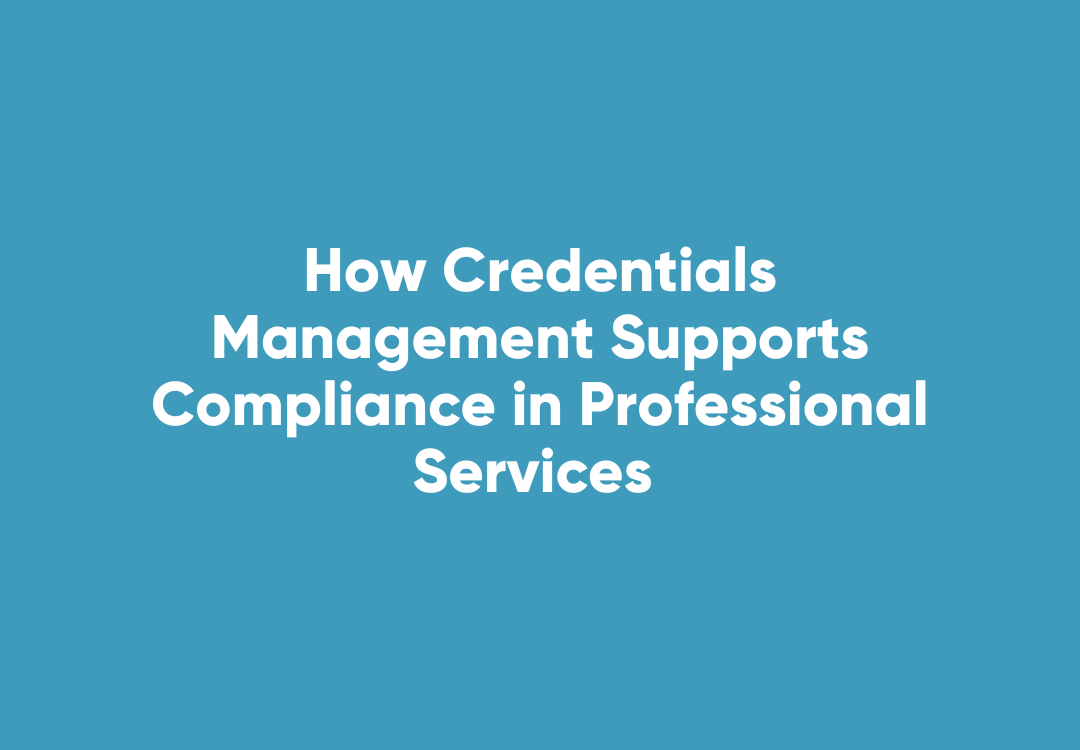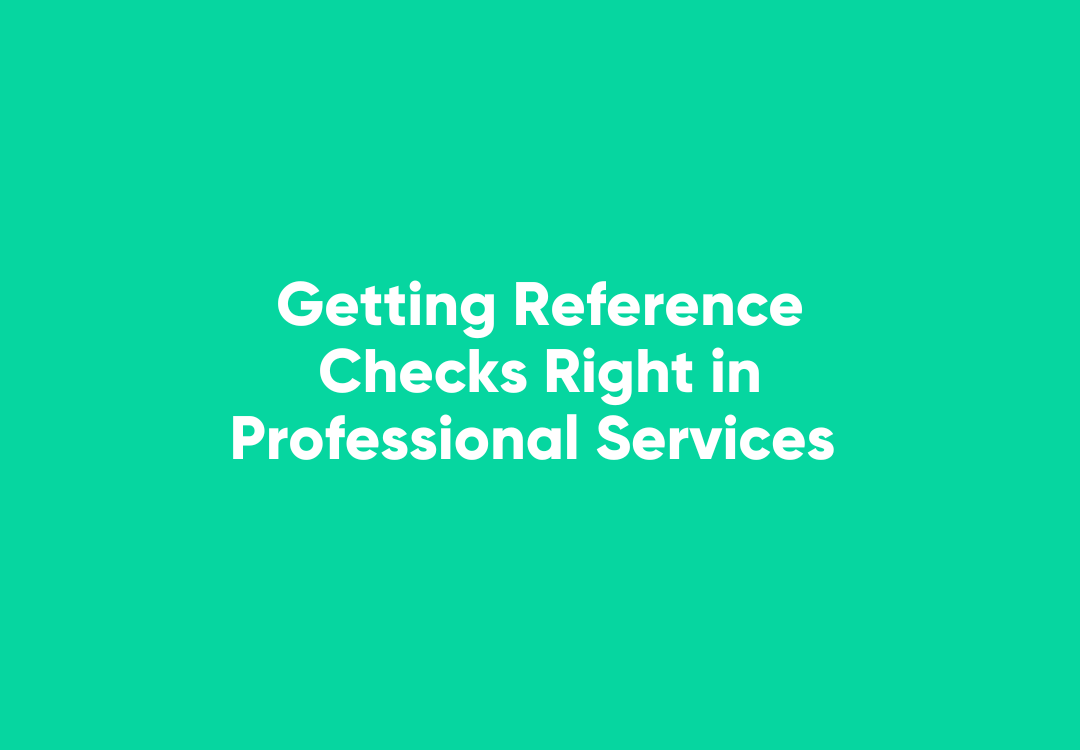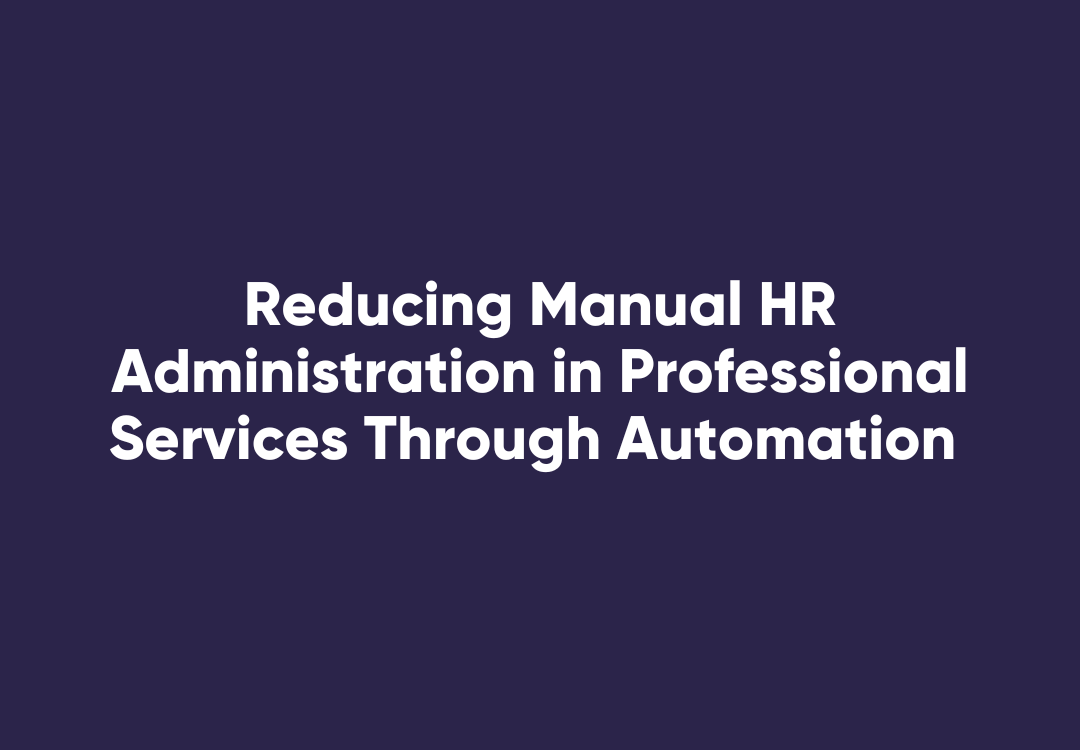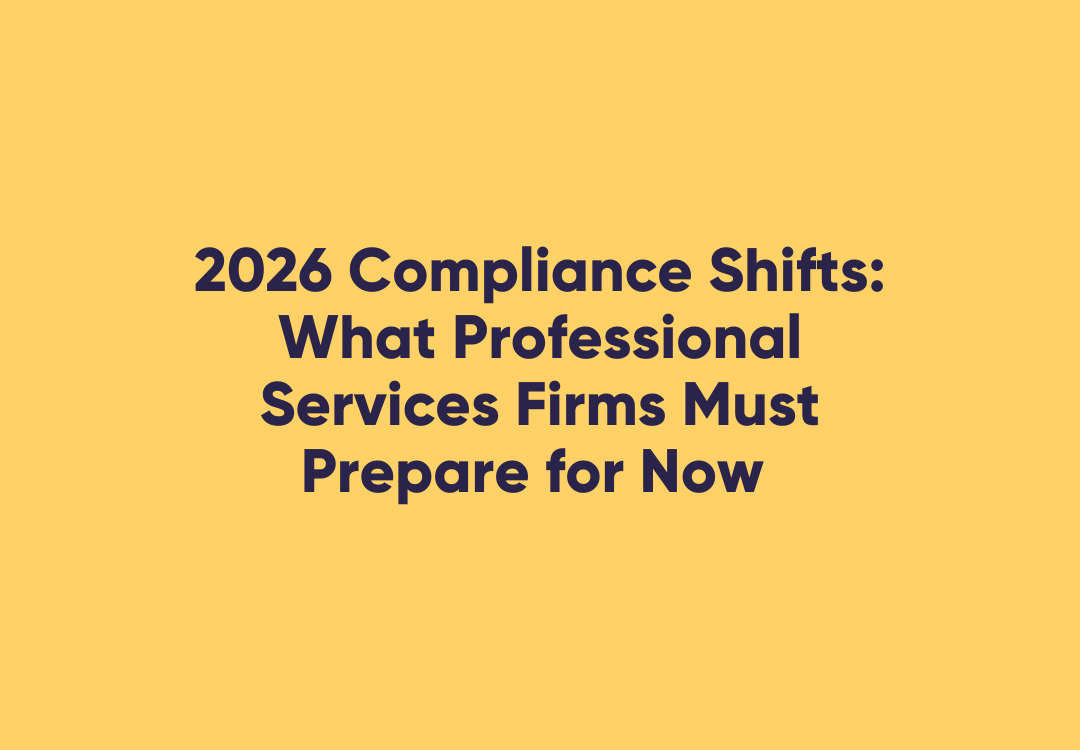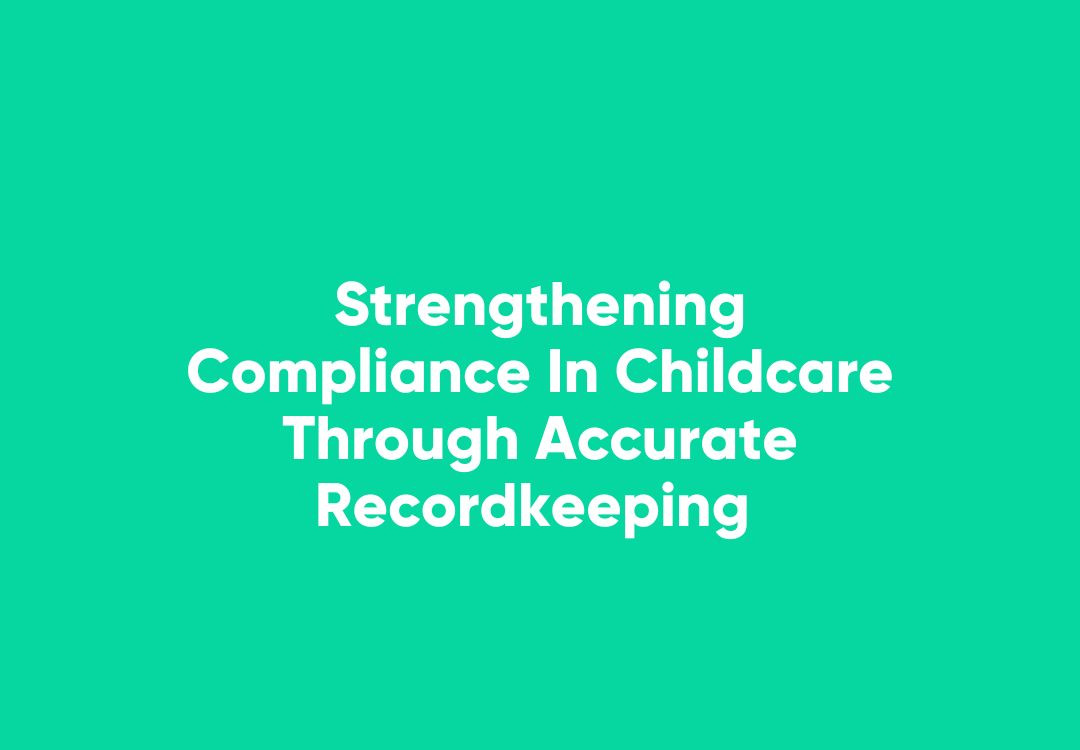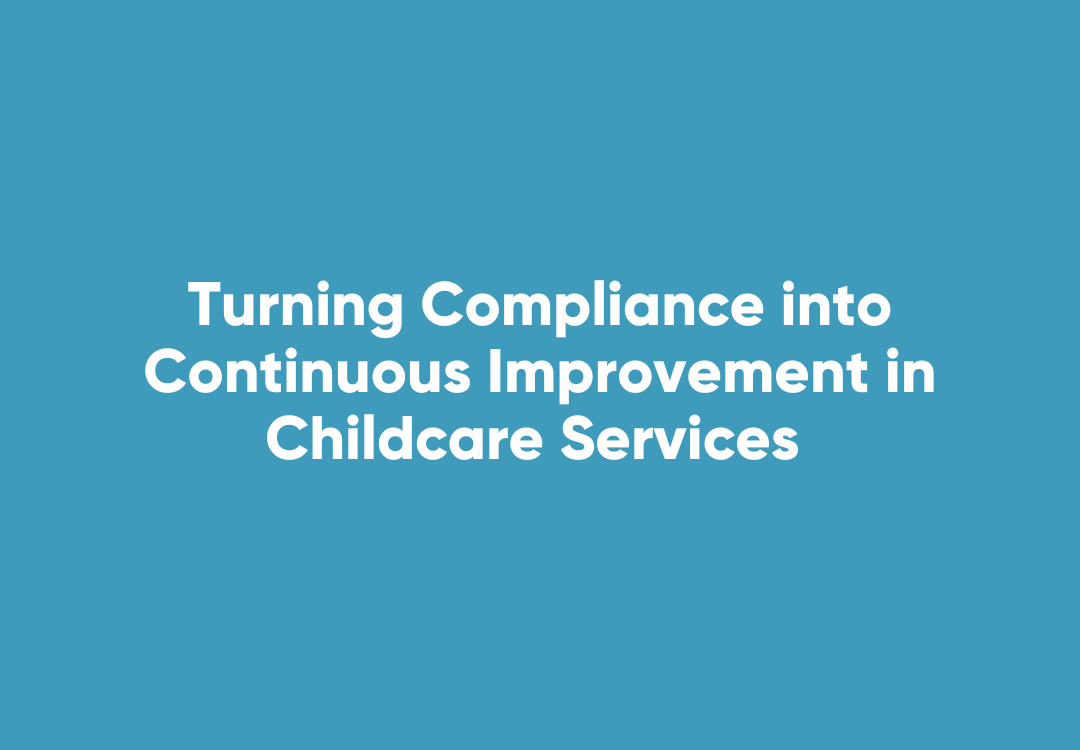AHPRA Checks in Healthcare Hiring: The Risk HR Managers Can’t Ignore
AHPRA Checks in Healthcare Hiring: The Risk HR Managers Can’t Ignore
Hiring the right clinical staff is essential for every healthcare or aged care organisation, for performance, safety and compliance. Many HR managers believe that checking professional credentials, particularly Ahpra registration, is a straightforward, once-off task. However, research and industry audits regularly reveal that missed, outdated, or incomplete Ahpra registration checks are surprisingly common.
Even a small lapse in credential checking can result in an unregistered or restricted clinician being rostered for duty. This can lead to significant regulatory fines, failed audits, reputational damage, or, most importantly, compromised patient care. With compliance standards becoming stricter, the need for a reliable, automated approach to credential checking has never been more critical.
This blog explores why ongoing, real-time credential validation is essential, offers best practices for setting up a robust Ahpra check process, and highlights warning signs that your system may need an upgrade.
Why Ahpra Registration Checks Are Essential
The Australian Health Practitioner Regulation Agency (Ahpra) is responsible for regulating more than 800,000 health practitioners across Australia. All regulated clinicians must maintain current, valid registration to work legally in their field. For HR and hiring managers, a proper Ahpra registration check is not just a legal formality, it is a front-line protection against compliance breaches, insurance risks, and, most importantly, risks to patient safety.
Missed checks most often occur when renewing contracts, extending casual staff, or onboarding returning employees. In fast-paced environments like hospitals, aged care homes, and community clinics, these gaps can be overlooked unless the process is well-structured and routinely enforced.
Why Real-Time Credential Checks Matter
The status of a clinician’s registration is dynamic. Registrations can change at any time due to non-renewal, disciplinary action, or new conditions imposed by regulatory bodies. If organisations rely on periodic or annual checks, a staff member’s status can change between those checks without anyone realising it.
Real-time credential checks enable HR and compliance teams to confirm that every practitioner is current and unrestricted before every roster, shift, or contract renewal. This proactive approach can prevent staff with expired or limited registration from being assigned to patient care, reducing legal and clinical risk.
Automated platforms can perform these checks by connecting directly to the Ahpra public register, flagging any status changes, and sending instant alerts to HR or rostering managers. This ensures ongoing compliance, even as staff move between departments or roles.
How to Create a Routine, Reliable Credentialing Process
- Automate Regular Ahpra Checks
Implement a digital platform that schedules automatic registration checks at onboarding, contract renewal, and before roster changes. Look for systems that allow bulk checks and ongoing monitoring for large or multi-site teams. - Centralise Credential Records
Store all verification dates, supporting documents, and Ahpra check outcomes in a secure HR or workforce management system. This central source of truth supports audit readiness and rapid compliance reporting. - Set Reminders and Escalations
Use automated reminders for upcoming expiries and escalation workflows for failed or flagged registrations. Ensure that any practitioner with a negative check is immediately removed from clinical rosters until resolved. - Train HR and Managers
Make sure everyone involved in hiring or rostering understands why real-time Ahpra checks are vital, how to use the platform, and what steps to take if an issue is detected. - Audit and Review
Schedule regular internal audits of credentialing records to spot trends, address weaknesses, and demonstrate compliance to regulators or accreditation bodies.
The Legal and Reputational Impact of Missed Checks
Failing to verify Ahpra registration is a serious breach of compliance. Organisations found to have employed unregistered staff can face:
- Fines and penalties from regulators
- Loss of government accreditation or funding
- Higher insurance premiums or denied claims
- Mandatory incident reporting and investigation
- Damage to organisational reputation in the community
Healthcare is a trust-based industry, and one high-profile error can have long-term consequences for patient trust and future recruitment.
A former enrolled nurse in Queensland was fined $8,000 and convicted in 2021 for continuing to practise after their registration lapsed in July 2019. Despite being unregistered, the individual worked 35 shifts at an aged care facility in Ipswich, often alone at night and responsible for up to 33 residents, until their employment ended in November 2019.
They were sentenced in their absence by the Ipswich Magistrates’ Court and ordered to pay $1,500 in legal costs to Ahpra. The court described the conduct as a serious breach of trust, highlighting the importance of proper registration in safeguarding public safety. Ahpra and the Nursing and Midwifery Board of Australia stated that practising without registration was a serious offence that put patients at risk and undermined confidence in the profession.
Industry Trends: Moving to Automated Credentialing
Australian healthcare and aged care organisations are rapidly moving toward automated, real-time credentialing systems. Increasingly, accreditation and funding bodies are expecting providers to show not just compliance at the point of hire, but proof of ongoing, routine Ahpra checks. This shift is being driven by:
- The complexity of large, mobile, or multi-site workforces
- High rates of casualisation and contract-based work
- Increasing regulatory scrutiny and the need for audit trails
By adopting automated credential management, providers are not only protecting themselves but improving efficiency and staff confidence.
Warning Signs Your Credentialing Process Isn’t Working
- Gaps in Documentation: Missing or outdated check records in employee files.
- Manual Tracking: Reliance on spreadsheets, emails, or paper files rather than a secure system.
- Delayed Action: Staff continue working after registration has expired or conditions are imposed.
- Lack of Audit Trail: Inability to quickly show proof of compliance when asked.
- Unclear Responsibility: HR, rostering, and department heads are unsure who manages credentialing.
If you recognise any of these in your organisation, your process may be putting your compliance and your patients at risk.
WorkPro: Automating Ahpra Registration and Credential Checks
WorkPro’s credential management service takes the risk and manual effort out of Ahpra registration checks. With WorkPro, HR teams can:
- Schedule and automate regular Ahpra checks for every practitioner
- Receive real-time alerts about lapsed or restricted registrations
- Centralise and secure all records for easy audits and reporting
- Reduce compliance workload and eliminate manual tracking errors
By streamlining Ahpra monitoring into one smart, automated system, WorkPro helps organisations stay ahead of risk, safeguard patient safety, and ensure only qualified practitioners are engaged, every time.
Ahpra registration and credential checks are non-negotiable for healthcare and aged care employers. By moving beyond manual checks and adopting automated, real-time solutions, HR teams can safeguard compliance, reduce risk, and ensure the highest standard of patient care. Routine, proactive credential management is the foundation for trust, both within your team and with those you serve.
To see how WorkPro can transform your credentialing process and protect your organisation, contact us for a demonstration today.


